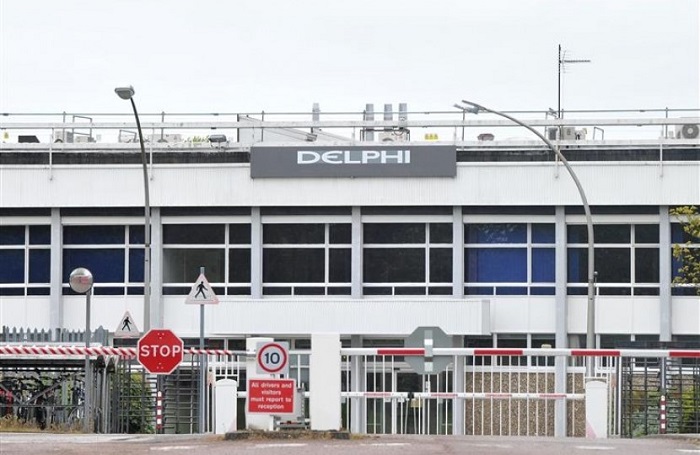The Worst Negligence: Avoidable Cases of Negligence that Harmed Employees

Marks & Spencer, Main Street, Gibraltar. The multinational retail chain has outlets in nearly 40 countries. Photo: Paul/Wikimedia
Having to worry about damaging our health at work should be the least of anyone’s problems. When going to a place of work, we should be guaranteed safety regardless of the situation.
However, with the coronavirus pandemic ongoing and many governments being embroiled in scandal, negligence stories have been prevalent in the news recently. Some big companies have been tarnished along the way.
In some of the worst cases of negligence, employers have failed terribly to properly protect their employees.
Here’s a look at some of the most notable companies that failed to protect their employees.
Marks and Spencer’s duty of care failure
In 2011, major multinational retailer Marks and Spencer was faced with a £1m ($1.4m) fine for exposing customers and employees to asbestos in Reading and Bournemouth UK stores during refurbishments. The judge accused the retailer of choosing profit over health and safety and neglecting to ensure a safe environment.
The UK’s asbestos industry ended on 24th August 1999 after being used heavily from the 1950s to 80s. Over 20 years on, we’re starting to see the delayed latency period taking effect as asbestos deaths have peaked over the last year or so.
Although asbestos was banned in the UK two decades ago, the dangerous carcinogen lingers. It is the leading cause of occupational death, with 5,500 deaths caused last year.
A recent report revealed that there are an estimated six million tons remaining inside around 1.5 million buildings. Some of these buildings include schools and hospitals built before 24th August 1999.
Negligence like this can be more costly than conducting an asbestos audit. It can tarnish an organization’s reputation by failing to provide a duty of care.
If you’re a duty holder and are unsure of the risk in your building, find out more about asbestos survey types.
Amazon’s failure to protect

Amazon warehouse and fulfillment center in Shakopee, Minnesota, USA. Photo: Tony Webster/flickr
People working for Amazon have faced significant health and safety risks during the COVID-19 pandemic.
According to a report by Amnesty International that investigated the treatment of employees across the UK, France, Poland, and the US, surveillance technologies have been used to track workers and failed to act on important health and safety issues.
In October last year, Amazon commented that 19,816 of its workers in the US had been infected with COVID-19 since March. Amazon has been faced with backlash from employees, unions, and politicians for risking employees’ lives.
The company was hit with a lawsuit after a former employee accused Amazon of failing to provide personal protective equipment (PPE) to Black and Latina workers in New York City.
Employers are responsible for carrying out an assessment of the risk of COVID-19 transmitting to others in the workplace. Suitable controls must be put in place to reduce the likelihood of transmission taking place.
In the UK, and many other countries, employers who are negligent could be at risk of prosecution and potential litigation.
Delphi Diesel Systems’ failure of risk assessment

Delphi Diesel System Ltd’s largest plant in Newton Road, Sudbury, UK closed permanently after it was sold to Future Properties Industrial Ltd in 2020. Photo/James Cartlidge MP.
A common theme in negligence appears to be a lack of risk assessment.
Last year, Delphi Diesel Systems was fined £1m and ordered to pay £10k in costs after two employees were severely burnt in an explosion while cleaning a distillation tank.
The vapor of a flammable chemical used to clean the distillation tank ignited and caused an explosion. Both of the employees suffered injuries, with one employee unable to return to work for over two months.
An investigation by the UK’s Health and Safety Executive (HSE) reported that the incident occurred because a risk assessment wasn’t carried out before cleaning the distillation tank. There was also no planning for the use of the flammable chemical which ultimately caused the explosion.
This incident could have been avoided if a risk assessment was carried out and employees were given a proper plan.
In conclusion
Often, accidents at work occur due to negligence. With proper risk assessment carried out, lives can be saved and pain and harm prevented.





















